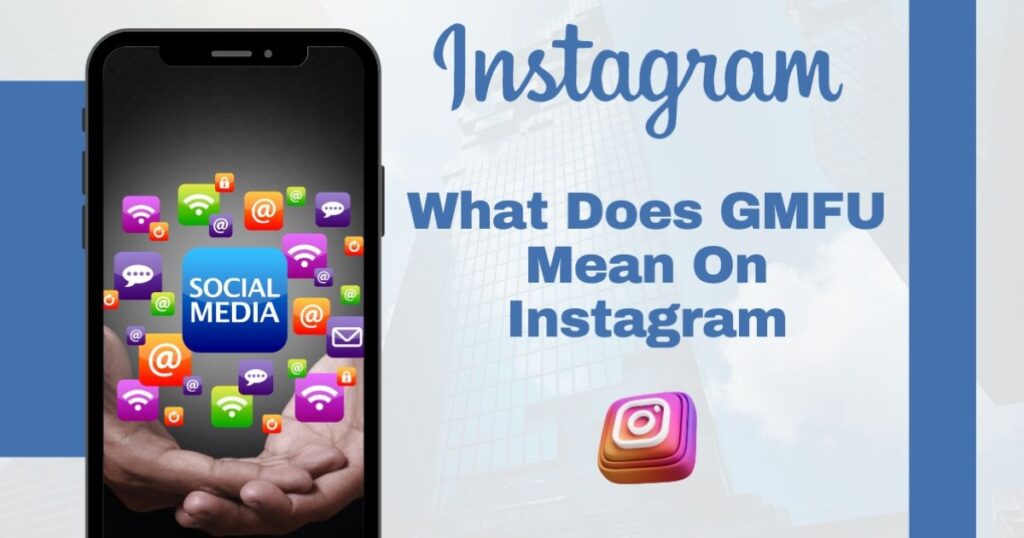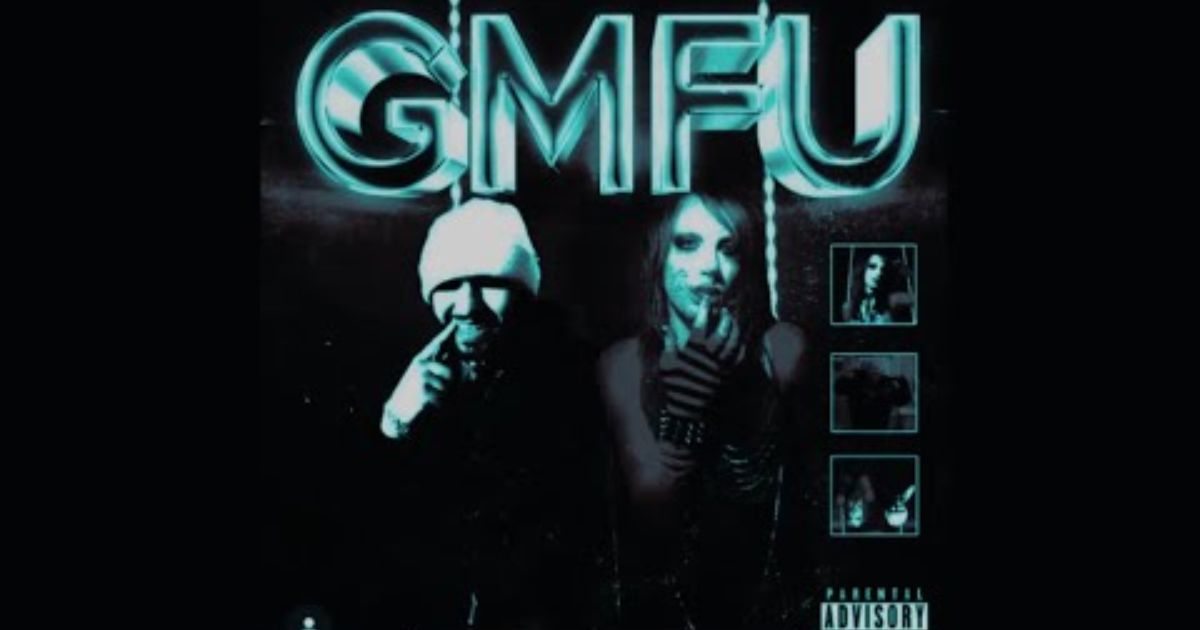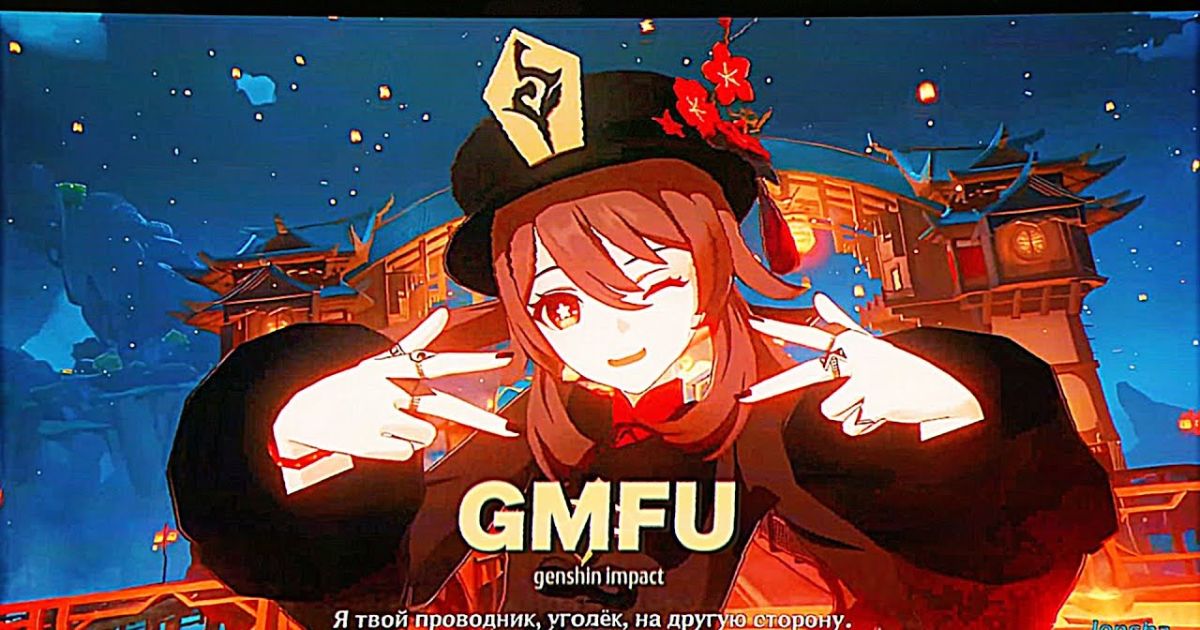Scrolling through your teen’s Instagram feed and stumbling upon the acronym “GMFU” in a caption or comment? Don’t worry, you’re not alone!
Social media platforms like Instagram have given rise to a whole new language of slang, abbreviations, and Internet-born phrases that can leave parents scratching their heads.
But fear not – this guide is here to demystify the hip term “GMFU” so you can finally understand what your teen is trying to say.
Buckle up as we explore the meaning behind this edgy acronym, its origins, how teens cleverly incorporate it into their online vernacular, and why embracing modern lingo can strengthen your connection with the younger generation.
What Exactly Does “GMFU” Stand For?
Let’s start by breaking it down: “GMFU” is an abbreviation for the phrase “Got Me F*cked Up.” Yes, you read that right – it contains an expletive, so it’s understandable if you do a double-take when you first encounter it.
Teens use “GMFU” as a way to express surprise, shock, disbelief, or frustration at a particular situation. It’s their way of articulating, “I can’t believe this is happening” or “This is just too much!” For example:
- “Just found out my favorite band is performing next week. GMFU!”
- “Assigned a 20-page research paper over spring break? GMFU!”
While the explicit language may make some parents cringe, it’s important to understand the context in which modern teenagers use this type of slang.
In their world, “GMFU” is simply a playful, hyperbolic way to convey strong emotions about unexpected or overwhelming circumstances.
Where Did This Edgy Acronym Originate?
The exact origins of “GMFU” are a bit hazy, as is often the case with viral internet slang. However, it’s widely believed to have emerged from online communities and internet culture, slowly gaining traction and eventually making its way onto social media platforms frequented by teens.
It’s worth noting that while “Got Me F*cked Up” is the most widely accepted meaning, slang can sometimes have different interpretations depending on the context or region. Some alternative meanings for “GMFU” could include:
- “God Made For Us” (religious context)
- “Got More Followers Up” (social media context)
- “Gonna Make It For Us” (motivational context)
However, when used on Instagram, the gritty “Got Me F*cked Up” definition is by far the most prevalent.
Read this Post: MIGHTY DOOM | BEST WEAPONS GUIDE
Why Crude Slang Like “GMFU” Appeals to Teens
But why do teens gravitate towards using crass slang like “GMFU” in the first place? There are a few reasons:
- To Fit In: In certain online communities or friend groups, using niche slang helps teens feel like they’re part of an exclusive “in-crowd.”
- To Rebel: Let’s face it, teens love anything that seems edgy or taboo – using profanity-laced slang is a way to rebel against societal norms.
- For Humor: Teens often find the juxtaposition of explicit language with mundane situations humorous and relatable.
- To Express Themselves: At the end of the day, “GMFU” is simply a colorful way for teens to share their unfiltered thoughts and emotions about life’s ups and downs.
How Teens Use “GMFU” on Instagram
Now that we’ve covered the basics, let’s explore some specific ways teens incorporate “GMFU” into their Instagram posts and interactions:
Expressing Surprise or Frustrations Use it in captions to document an unexpected or aggravating moment:
- “When your math teacher assigns homework over the weekend… GMFU”
Reacting to Funny/Absurd Moments Comment “GMFU” on friends’ amusing videos or meme posts to show you relate:
- “Your dance moves have me crying GMFU!”
Supporting Friends Through Struggles Show empathy by using “GMFU” to validate difficult experiences:
- “I’m so sorry you bombed that test. Standardized testing is GMFU.”
Sharing Relatable Experiences Use it to express how you really felt about an awkward rite of passage:
- “Asking your crush to prom: GMFU, am I right?”
Tips for Using “GMFU” Properly
While “GMFU” is undoubtedly sassy slang, there’s still an art to using it effectively:
- Keep Context in Mind: Since it contains profanity, use discretion about when and where you drop “GMFU” (probably avoid commenting it on family members’ posts).
- Don’t Overuse It: Like any slang term, using “GMFU” excessively will make you seem like you’re trying too hard to be trendy.
- Have Fun With It: At the end of the day, “GMFU” is all about expressing yourself in an amusing, hyperbolic way – so use it to make your friends laugh.
Reading Between the Lines of “GMFU”
It’s easy to assume “GMFU” is always used in a purely negative sense to convey anger or frustration. However, discerning teens often use it with a certain tongue-in-cheek flair – a way to add humor and playfulness to interactions, not just vent.
Context is key when interpreting the intent behind someone’s usage of “GMFU.” Sure, sometimes they’re genuinely venting (“Ugh, mom is GMFU for not letting me go to Coachella!“).
But other times, it’s more of an inside joke or shared experience (“So I tried making Mom’s famous lasagna for once… GMFU lol”).
Alternatives to “GMFU” (Clean Slang Options)
Of course, not every teen feels comfortable peppering their ‘grams with profanity-adjacent slang like “GMFU.” If you notice your kid leaning towards cleaner language, here are some tamer slang phrases they may opt for instead:
- “No cap” = No lie
- “Bet” = Agreed/Okay
- “Slay” = You’re doing amazing!
- “It’s a vibe” = That’s a great feeling/energy
- “Cancel” = To dismiss or reject someone/something
The possibilities for slang reinvention are endless! Teens will always find new coded lingo to set themselves apart.
The Importance of Understanding Teen Lingo
While learning the latest slang may seem frivolous to adults, taking an interest in your teen’s digital discourse can actually foster important connections. When you make an effort to understand terms like “GMFU,” you’re showing your teen that:
- You care about what’s important to them and their world
- You’re willing to step out of your comfort zone to relate to them
- You respect their space and experiences – online and off
Opening those lines of communication (even if it starts with a silly question like “What does GMFU mean?”) creates an environment where your teen feels comfortable coming to you about bigger issues down the road.
When Trendy Slang Becomes Problematic
Of course, there’s a line between harmless teen lingo and language that promotes harm. If you notice your teen frequently using slang that:
- Degrades others based on race, gender, sexual orientation, etc.
- Glorifies dangerous behavior like substance abuse
- Expresses violent or suicidal ideation
Don’t write it off – have an open discussion about why that type of language is unacceptable, no matter how “trendy.“
In the age of social media, curbing toxic speech patterns early is crucial for raising a respectful, compassionate young adult. Know when to pick your battles with passing slang fads like “GMFU“…and when to take a hard stance.
Conclusion: The Universal Language of “GMFU”
So the next time you see your teen type “GMFU” in a text or post, you’ll know they’re simply embodying that classic adolescent flair for conversational extremes. While the acronym’s crass roots may make you pause, understanding its nuanced usage is a gesture of goodwill towards your teen’s world.
After all, if your goal is strengthening your bond with your kid, embracing funny teen lingo like “GMFU” is a small price to pay for bridging that generational divide. Who knows – you may even find yourself accidentally dropping “GMFU” in front of your own friends one day.









